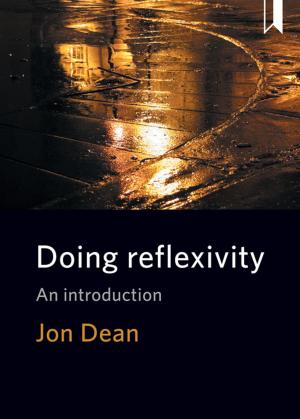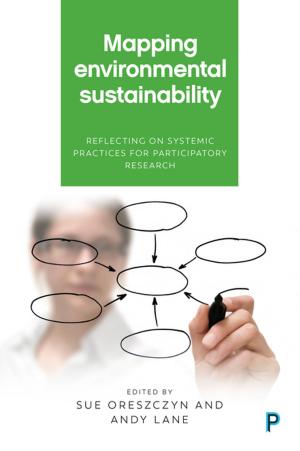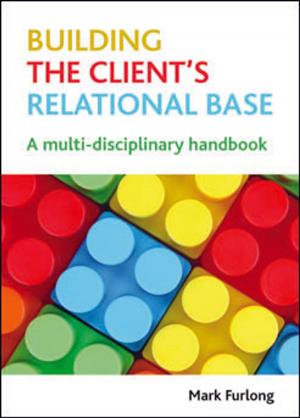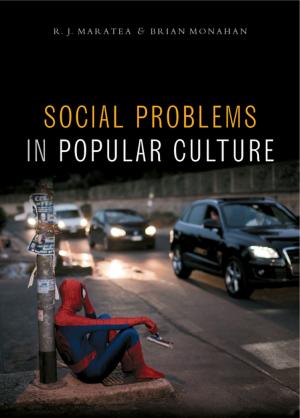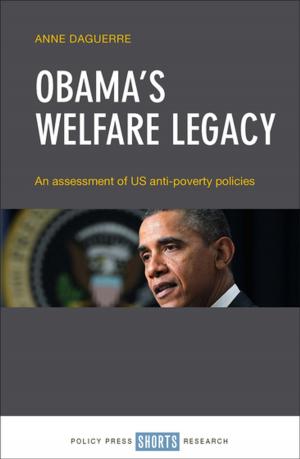Rebuilding Britain
Planning for a better future
Nonfiction, Social & Cultural Studies, Political Science, Politics, Regional Planning, City Planning & Urban Development, Science & Nature, Nature| Author: | Henderson, Kate, Ellis, Hugh | ISBN: | 9781447317609 |
| Publisher: | Policy Press | Publication: | September 24, 2014 |
| Imprint: | Policy Press | Language: | English |
| Author: | Henderson, Kate, Ellis, Hugh |
| ISBN: | 9781447317609 |
| Publisher: | Policy Press |
| Publication: | September 24, 2014 |
| Imprint: | Policy Press |
| Language: | English |
Britain faces extraordinary challenges, from climate change to growing inequality and global economics, but as a nation it has no plan for the future. This unique book asks a simple question: how can Britain organise itself, not just for survival but to build a fairer and sustainable society? The arguments refer to the high ambitions of those who pioneered the planning movement and campaigned for a clear set of progressive values, but whose drive for utopia has now been forgotten. The book takes a distinctive approach to exploring the value to society of social town planning and offers a doorway for how planning, both morally and practically, can help to meet key challenges of the 21st century. It challenges the widely held view that it’s impossible to achieve a better future by suggesting that there is real choice in how society develops and pointing to contemporary examples of utopia. This accessible book makes essential reading for students in the built environment and the wider social sciences who have an interest in UK and European examples of sustainable communities.
Britain faces extraordinary challenges, from climate change to growing inequality and global economics, but as a nation it has no plan for the future. This unique book asks a simple question: how can Britain organise itself, not just for survival but to build a fairer and sustainable society? The arguments refer to the high ambitions of those who pioneered the planning movement and campaigned for a clear set of progressive values, but whose drive for utopia has now been forgotten. The book takes a distinctive approach to exploring the value to society of social town planning and offers a doorway for how planning, both morally and practically, can help to meet key challenges of the 21st century. It challenges the widely held view that it’s impossible to achieve a better future by suggesting that there is real choice in how society develops and pointing to contemporary examples of utopia. This accessible book makes essential reading for students in the built environment and the wider social sciences who have an interest in UK and European examples of sustainable communities.

